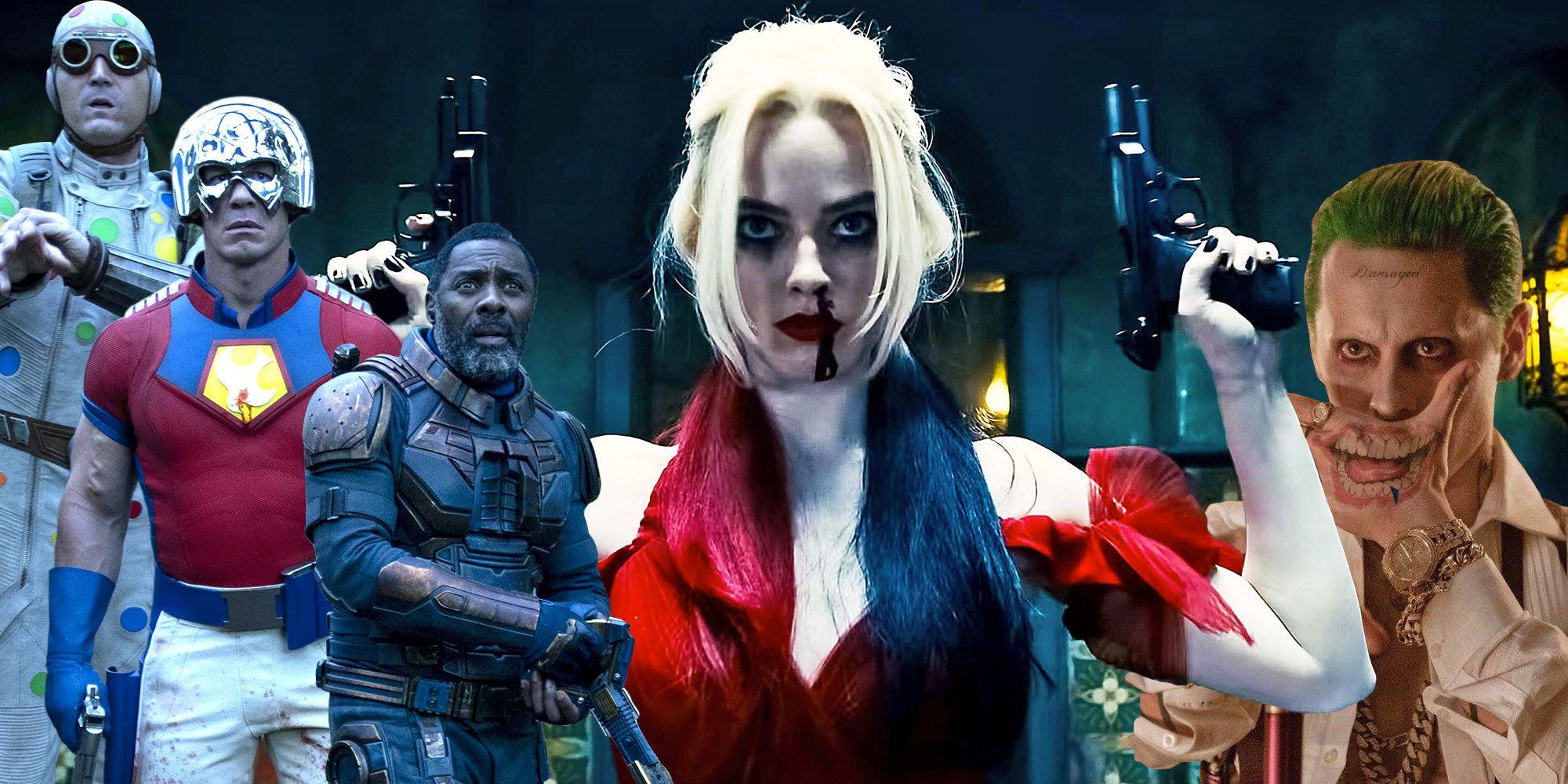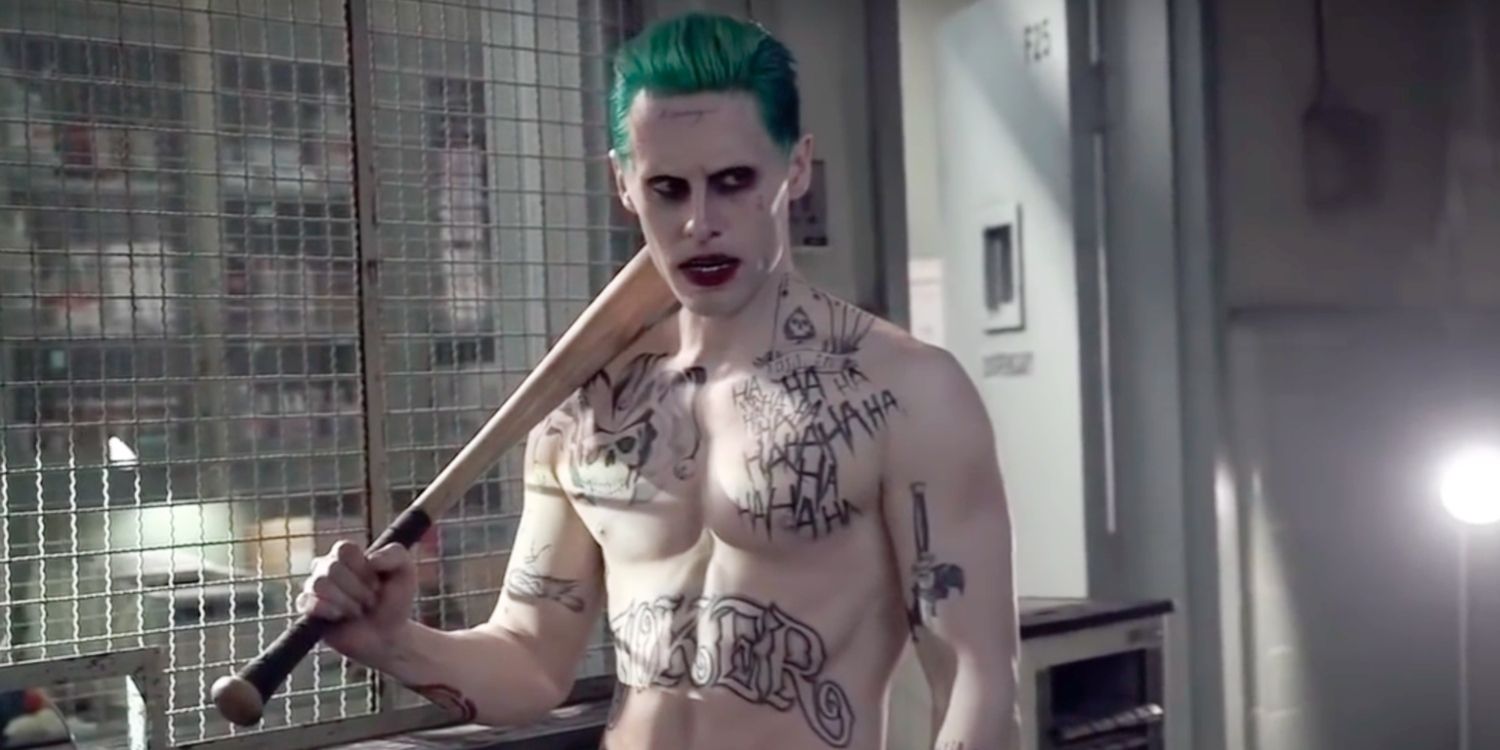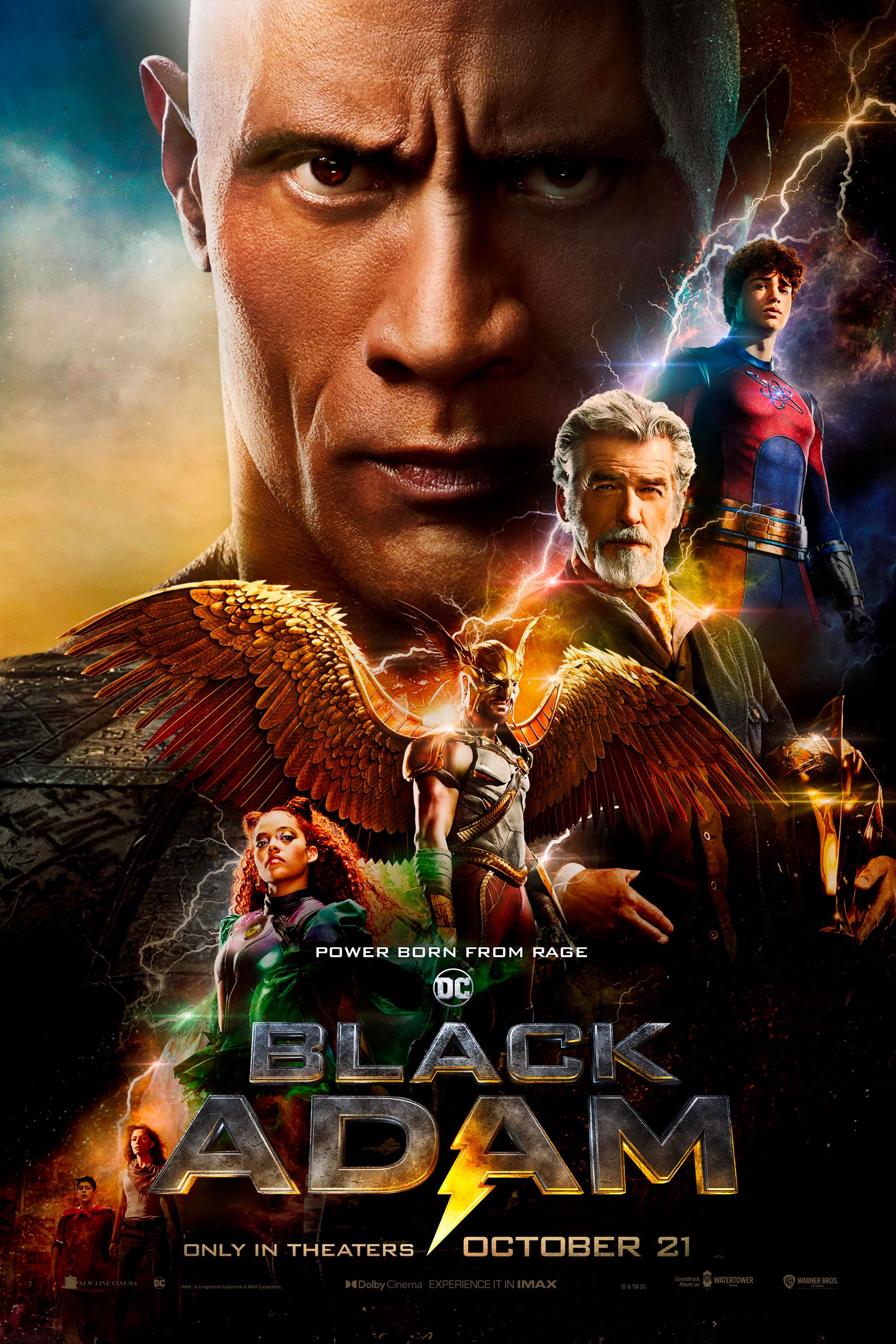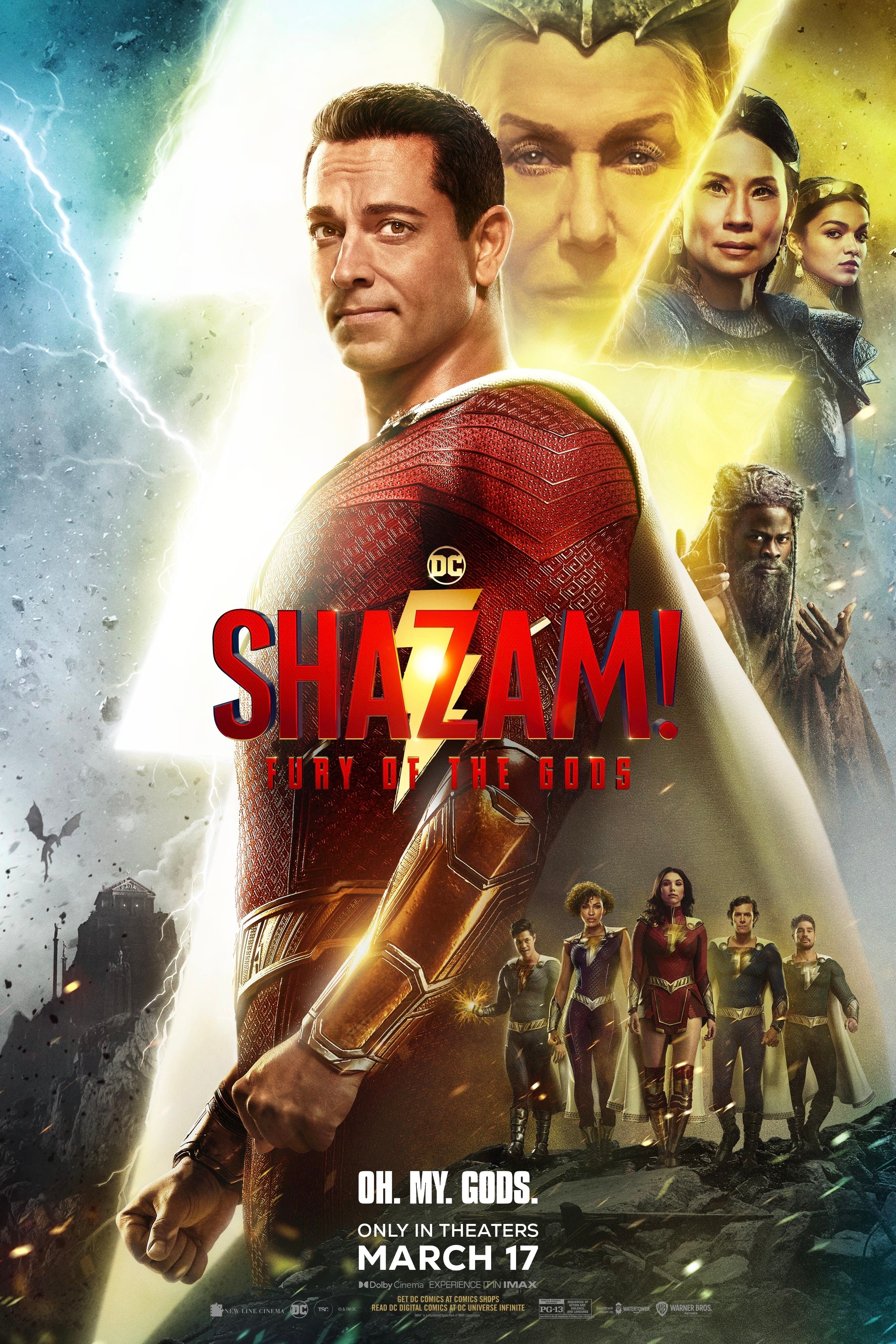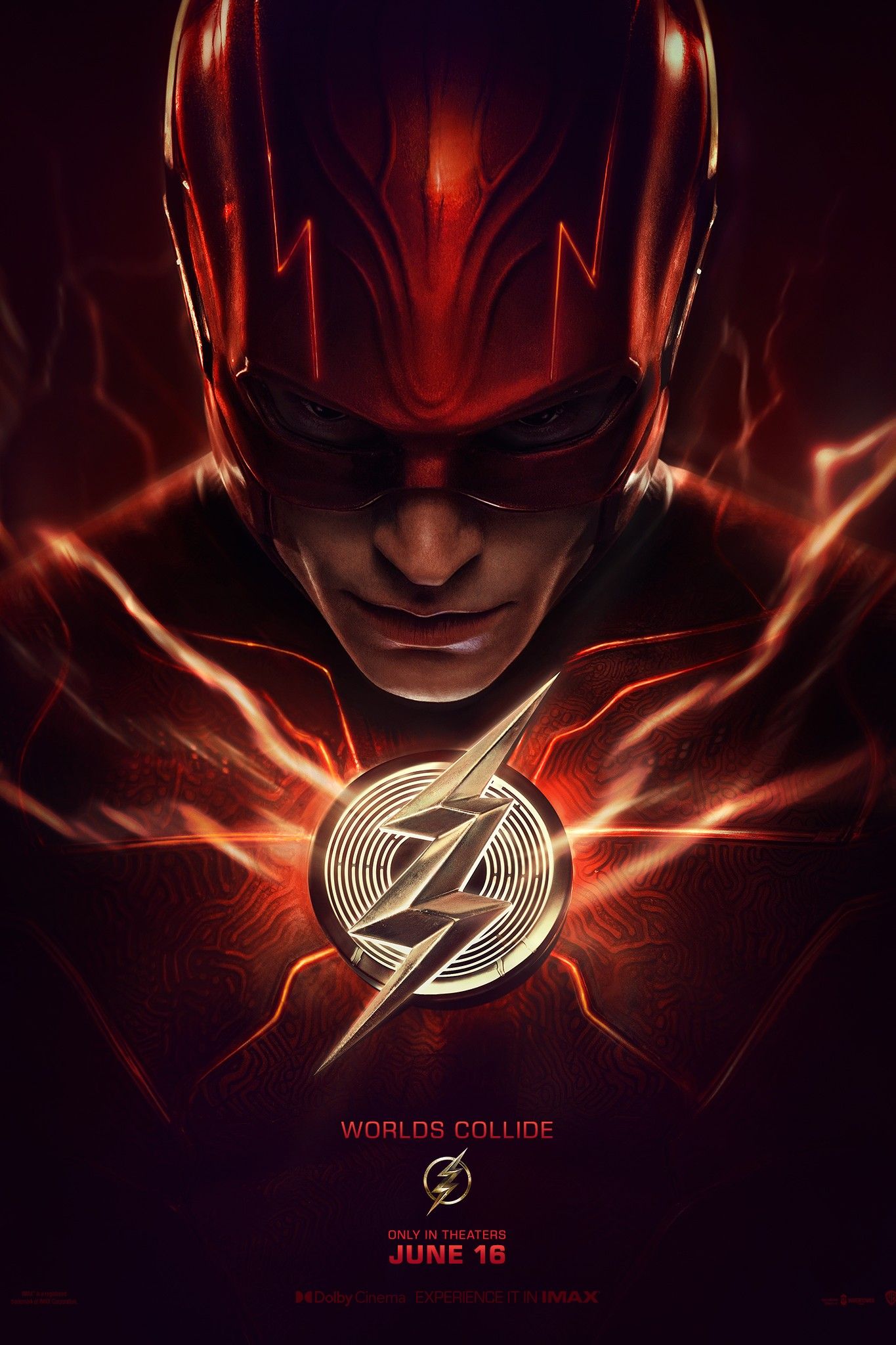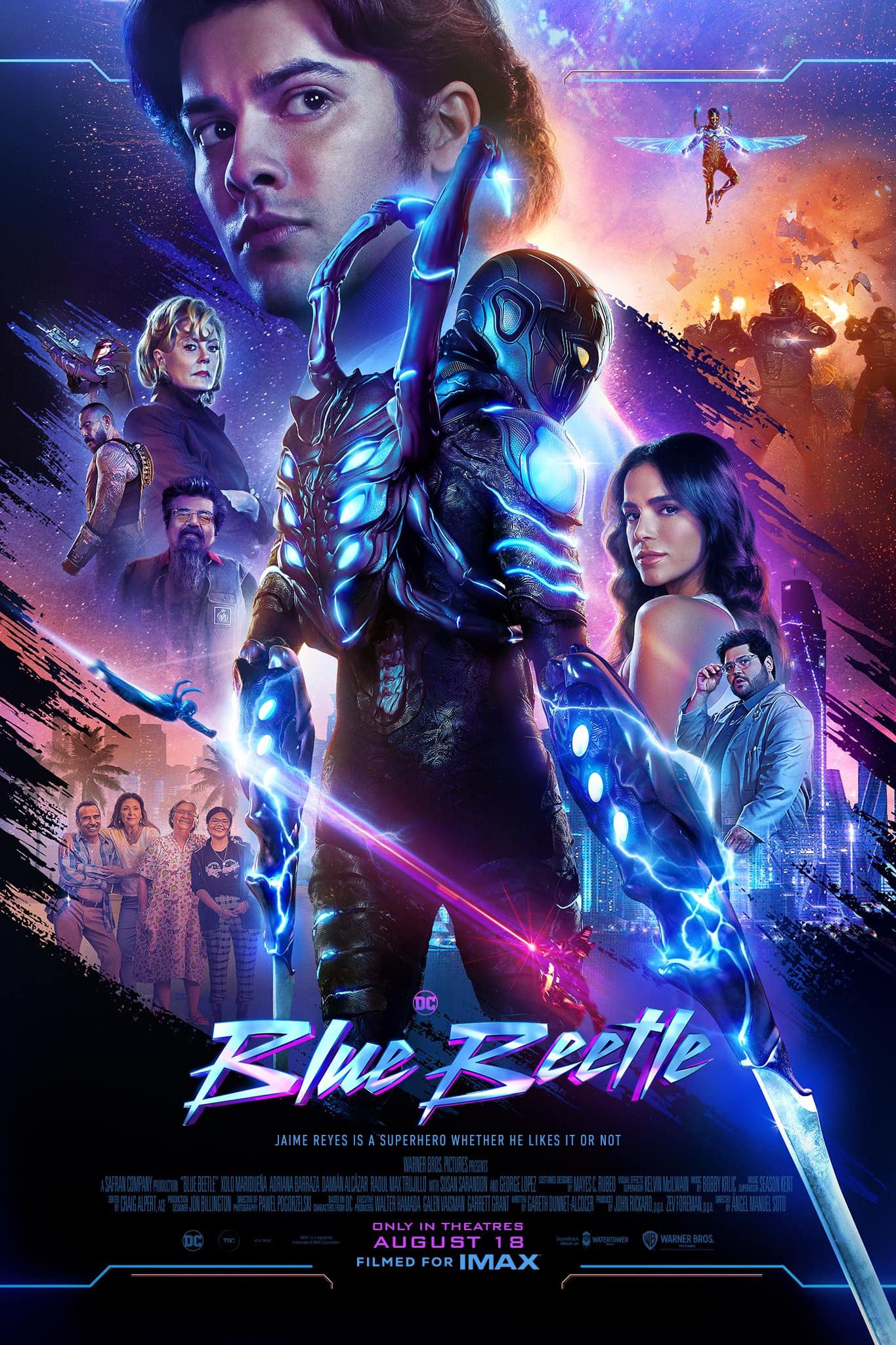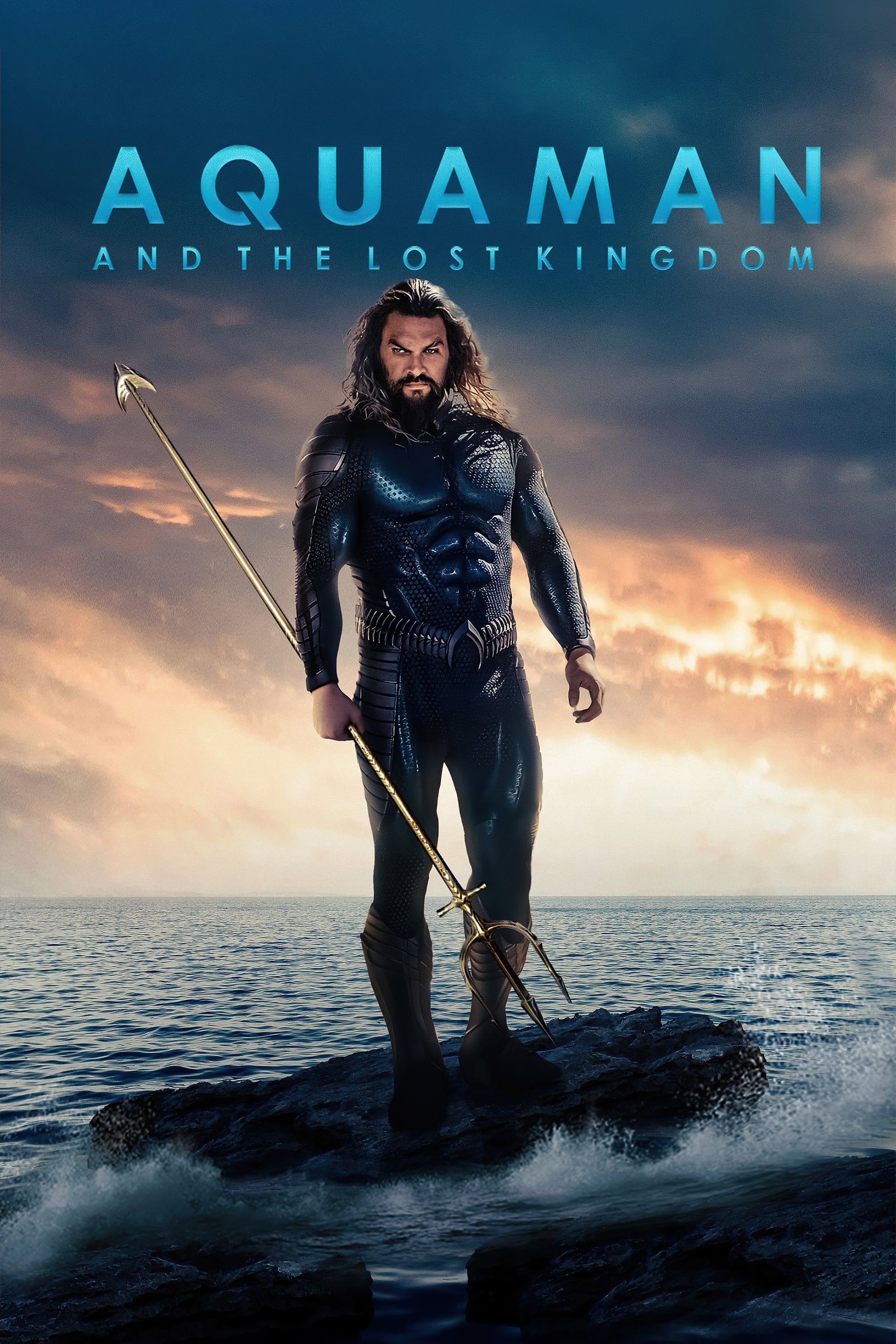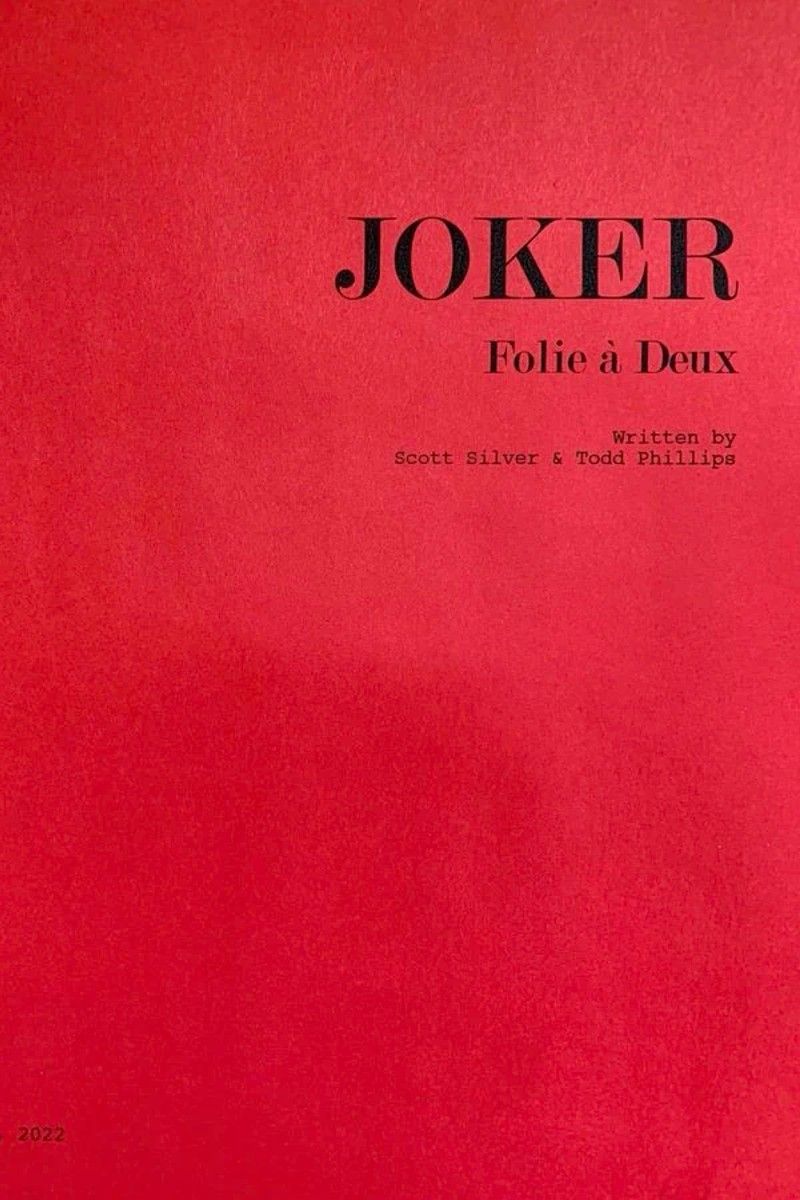When the DCEU set out to follow Suicide Squad with a strange sequel-reboot simply called The Suicide Squad, it was a huge gamble, but the film's biggest risk paid off thanks to Joker. Suicide Squad was generally disappointing, with a 5.9/10 on IMDb and a 26% critic score on Rotten Tomatoes. The second movie was clearly more popular; despite The Suicide Squad being a box-office disappointment, it scored a 7.2 on IMDb and 90% on Rotten Tomatoes. Bringing in James Gunn to write and direct changed the entire feel of the movie, with jokes that landed better and a more consistent tone throughout. It really felt like it leaned more into reboot than sequel, even though it kept several main characters and a roughly continuous storyline.
Already a risky venture to try to follow up arguably one of the least successful DC films, the second movie dropped some of the biggest star-power from the first. It doubled down on the premise of focusing on lesser-known villains instead of spotlighting Jared Leto's Joker and Will Smith's Deadshot, who were two of the biggest characters of the first movie. But that might be one of the main reasons The Suicide Squad worked so much better.
Some criticism levied against Suicide Squad was that the story was supposed to be about a rag-tag group of disposable nobodies, but focusing so much on the Joker, probably the most well-known DC villain, took away from establishing the lesser-known characters. Many of their introductions were too glossed over and rushed to really impact the audience. Suicide Squad's Joker-centric storyline hurt the movie, but it left a lot of room to improve for the reboot.
Jared Leto's Joker Was Accidentally Good For The Suicide Squad
Leto delivered a version of the Joker in Suicide Squad that did not resonate well, being seen as one of the worst film adaptations of the classic character. While this was not entirely because of his performance, since much of the character's development was allegedly ditched from the original David Ayer cut, the failure of this Joker ended up helping The Suicide Squad in the end. Gunn's direction for the reboot played as the antithesis of the first film, with the focus on the lesser-known villains a tonic for audiences. The success of the second movie is, in part, because it delivered on what the original appeared to promise.
DC still has a lot of room to improve its cinematic realm, and recent successes in HBO Max series like Peacemaker show the company is paying attention and fixing some things. The Suicide Squad learned from the failures of the first film and shined largely because the story made room to build characters up and establish connections, which made the whole story more compelling. It all culminated in an ending that felt earned instead of just stumbled into. Joker's role in Suicide Squad may be controversial, but there's no doubt it made the second movie better.

